This article draws on survey data of more than 700 international flight attendants conducted by Skyscanner across 85 countries, along with recent industry reporting, to highlight how certain “polite” passenger behaviors are actually unwelcome. These findings are based on concrete percentages and firsthand crew feedback not mere opinion so they help inform smoother, more respectful flying experiences.
Playing Rule-Enforcer for Other Passengers
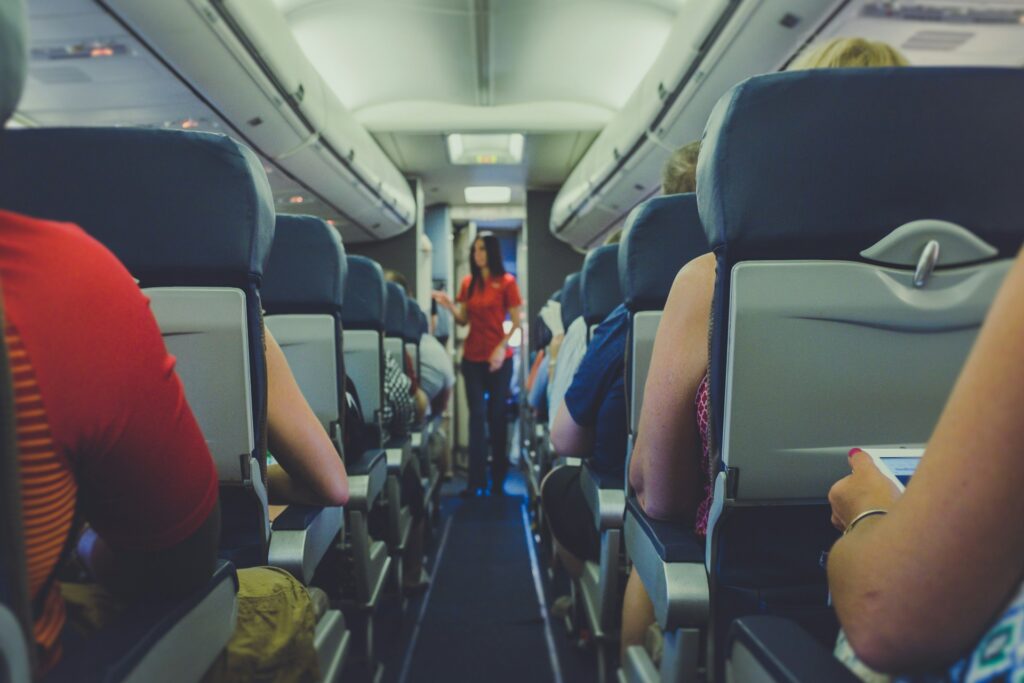
Flight attendants report that when passengers take it upon themselves to police others, for example, commenting on someone else’s bin placement or enforcing compliance, they unintentionally add friction to already tense situations. Confronting others directly instead of notifying crew members is often viewed as intrusive rather than helpful.
Over-Organizing Overhead Bins
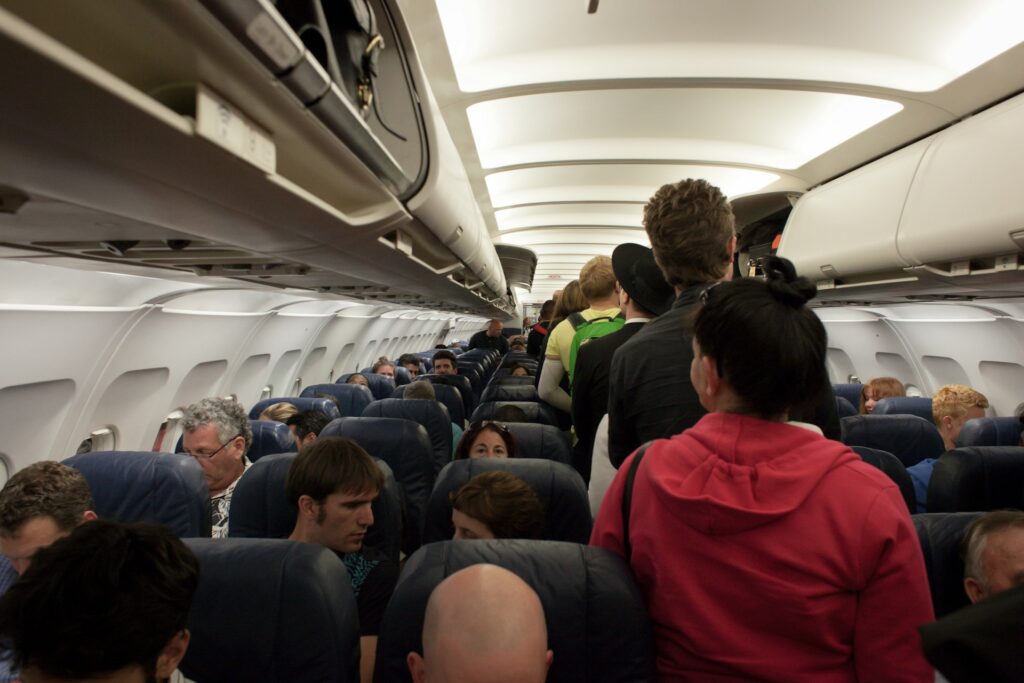
Reorganizing or micromanaging overhead luggage may feel considerate, but flight attendants say it disrupts their workflow. Many report frustration with passengers who compulsively rearrange shared bins mid-flight, which slows boarding and frustrates the crew.
Tugging on Their Sleeve
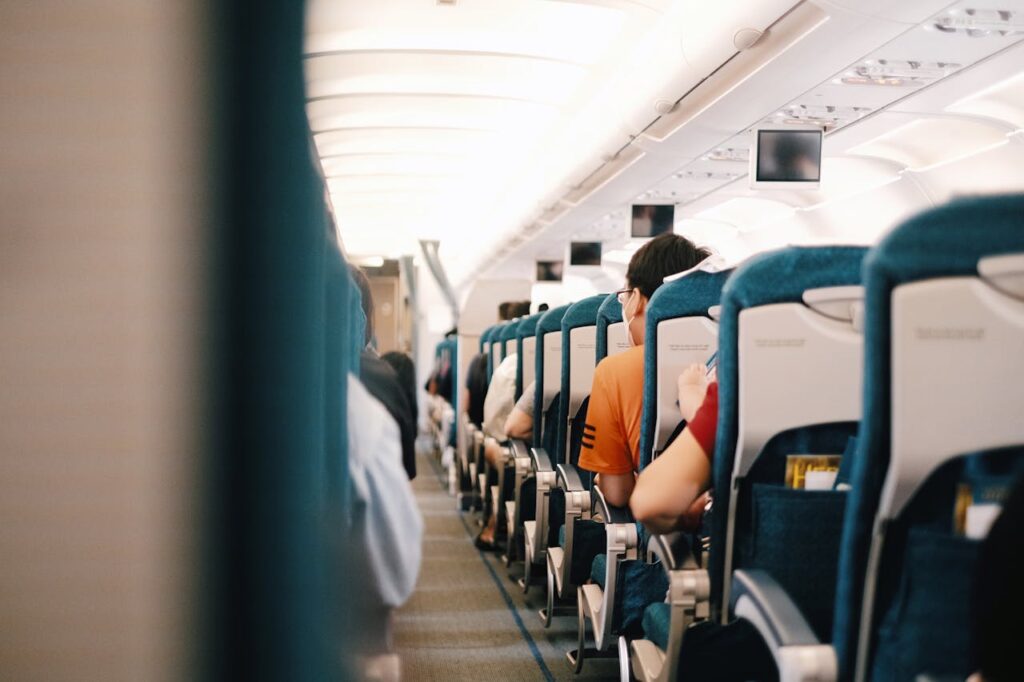
Trying to gain attention by tugging on an attendant’s sleeve may seem polite, but many crew members regard it as a violation of personal space. Surveys reveal that over 60% of flight attendants commonly experience unwanted physical contact, and this kind of touching is among the top annoyances.
Asking Them to Fill Reusable Water Bottles During Boarding
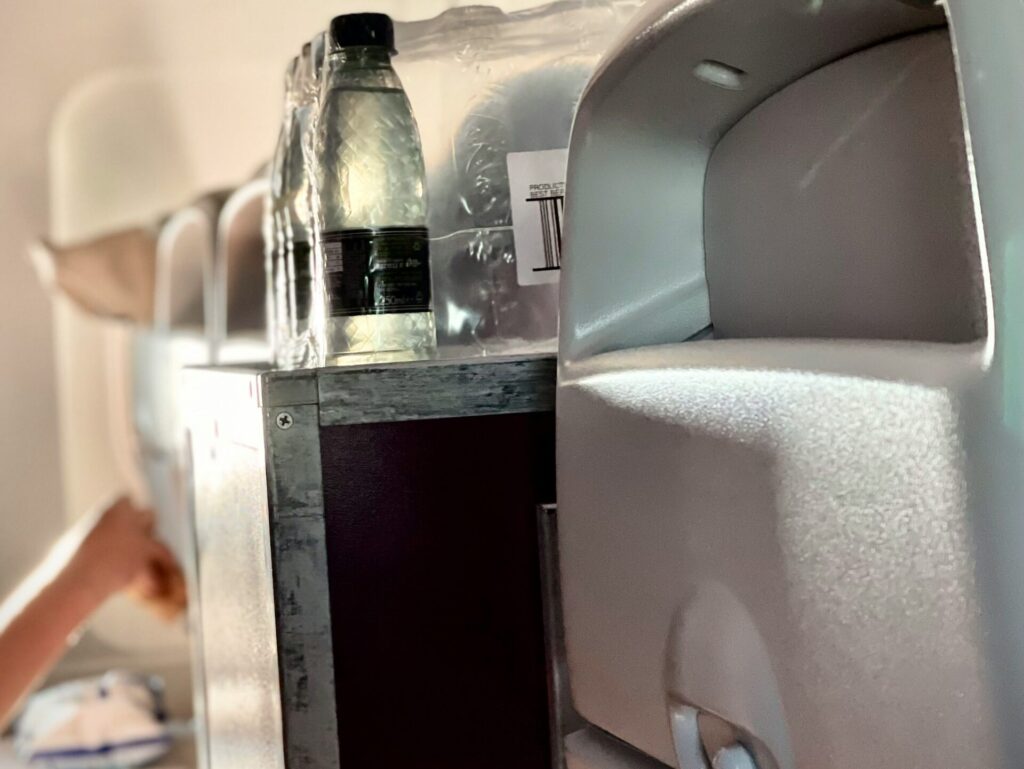
Although eco-minded, asking for water immediately after boarding is often ill-timed. Flight attendants emphasize that such requests distract from safety duties during critical departure phases when their attention is required elsewhere.
Serving Yourself from the Drink Cart
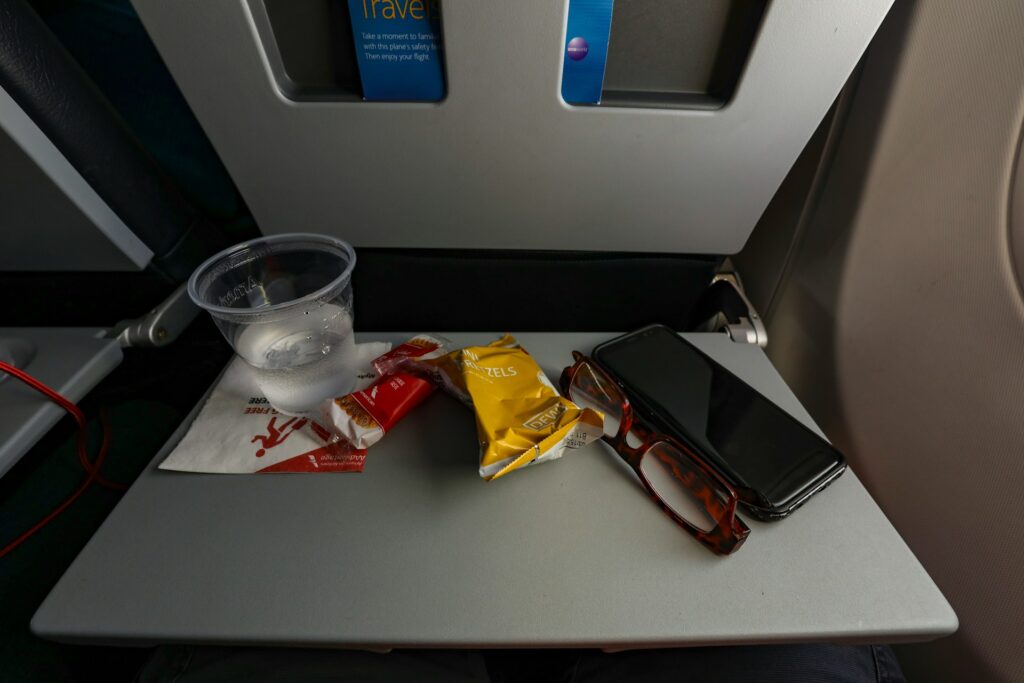
Grabbing drinks yourself from the cart can create chaos. Flight attendants prefer to manage distribution to maintain order and ensure everyone receives their choice, especially when inventory is limited.
Handing Over a Dirty Diaper for Disposal
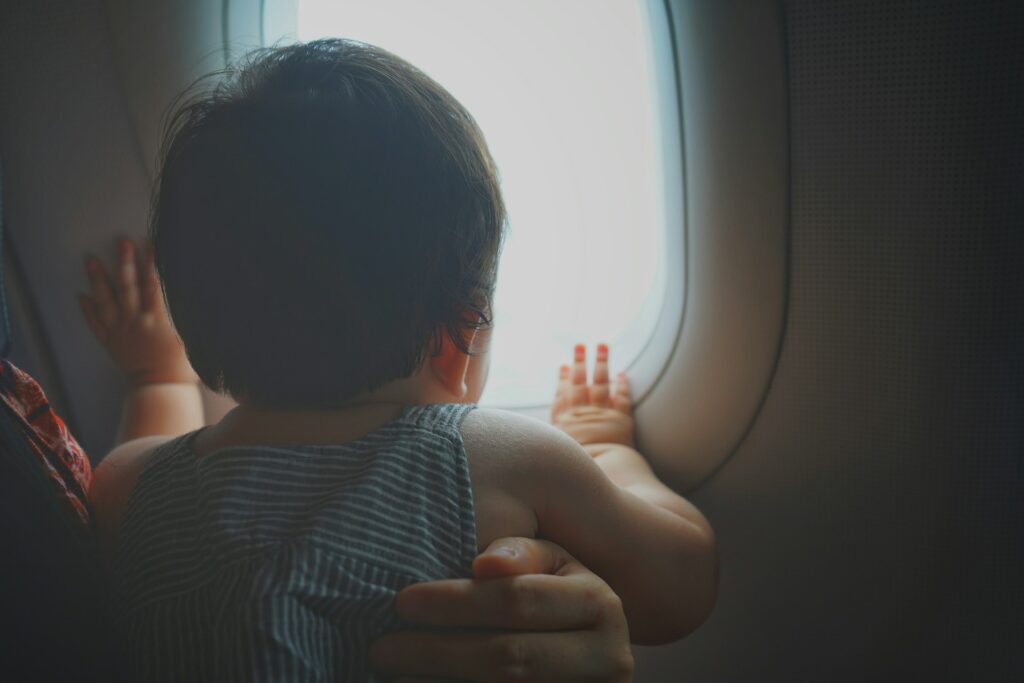
Diaper disposal seems helpful, but in reality, handing a soiled diaper to attendants to toss in galley trash is a major no-no. It’s considered unsanitary, smelly, and disruptive, and it creates more work for the crew in already tight spaces.
Stowing Your Carry-On Meticulously
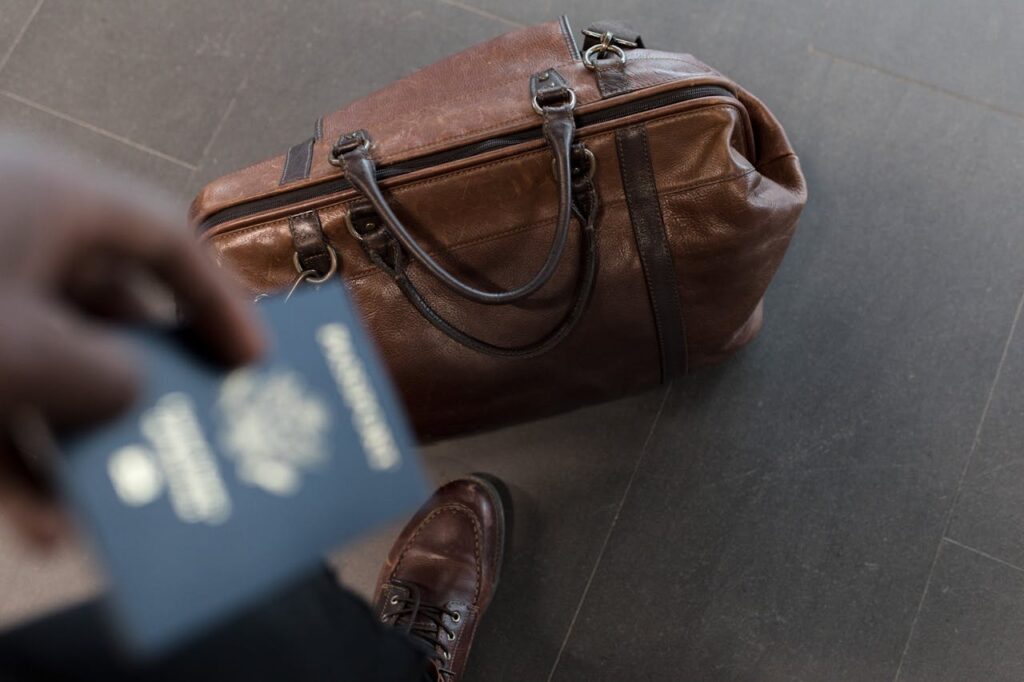
Taking too much time or being overly deliberate when stowing your bag may seem thoughtful, yet it impedes efficient boarding. Attendants advise passengers to stow quickly and stay aware of the communal nature of bin space.
Inviting Them Over for Chitchat
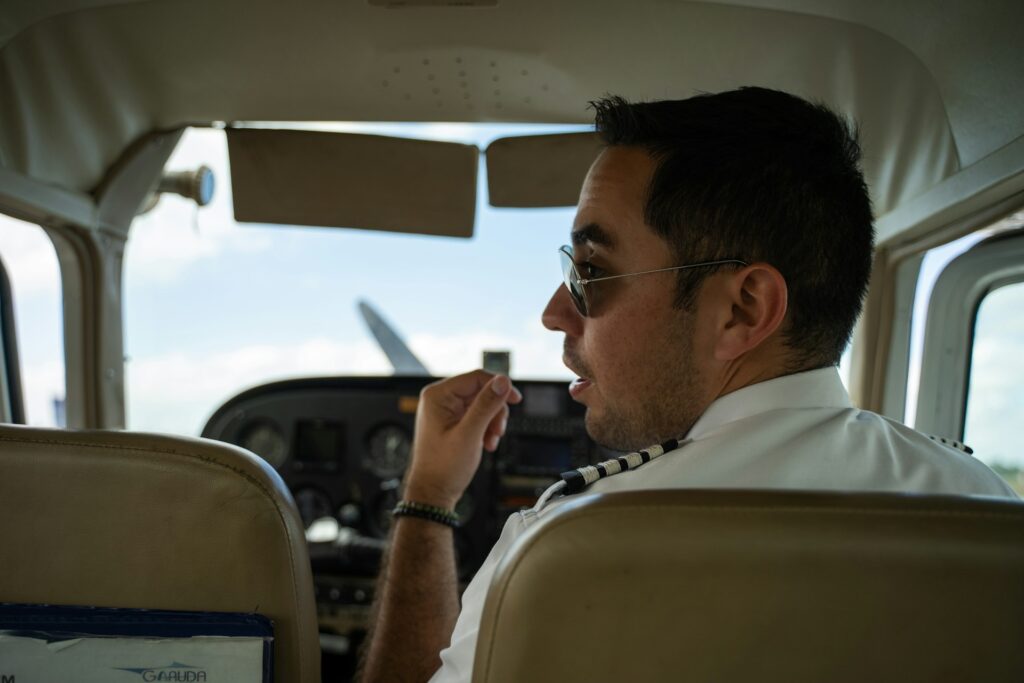
Warm conversation might be friendly, but “calling them over to chat” is usually unwelcome. Excessive call-button pressing or diverting attendants into casual talk disrupts service flow and delays their essential duties.
Flirting with Crew
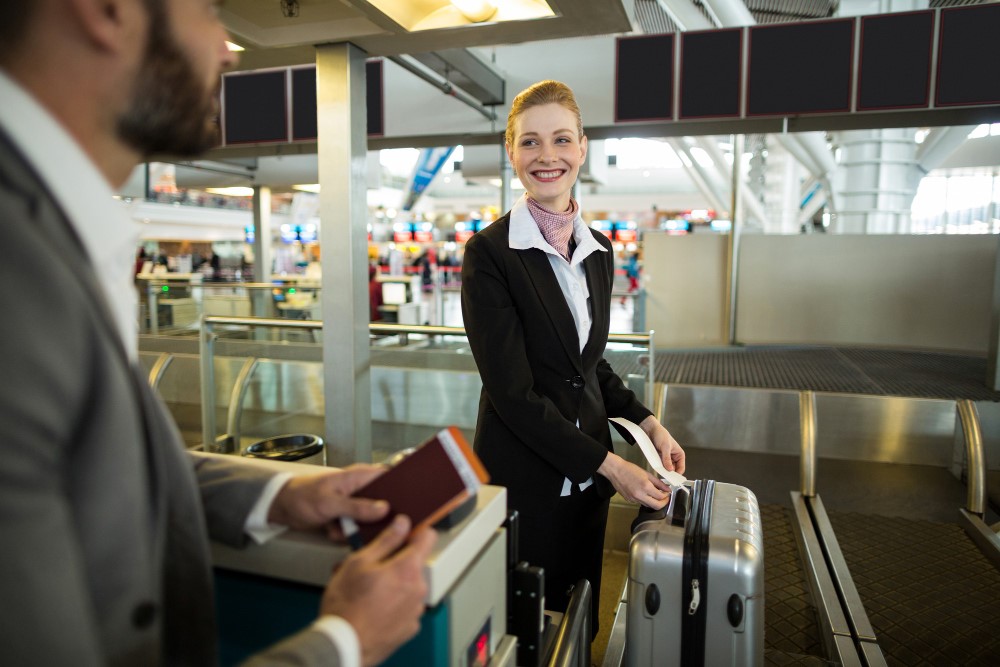
Flirting may appear harmless, but it often crosses boundaries. Flight attendants have expressed unease with affectionate or flirtatious remarks, which can feel unprofessional or uncomfortable during their work.
Not Mentioning Your Fear of Flying
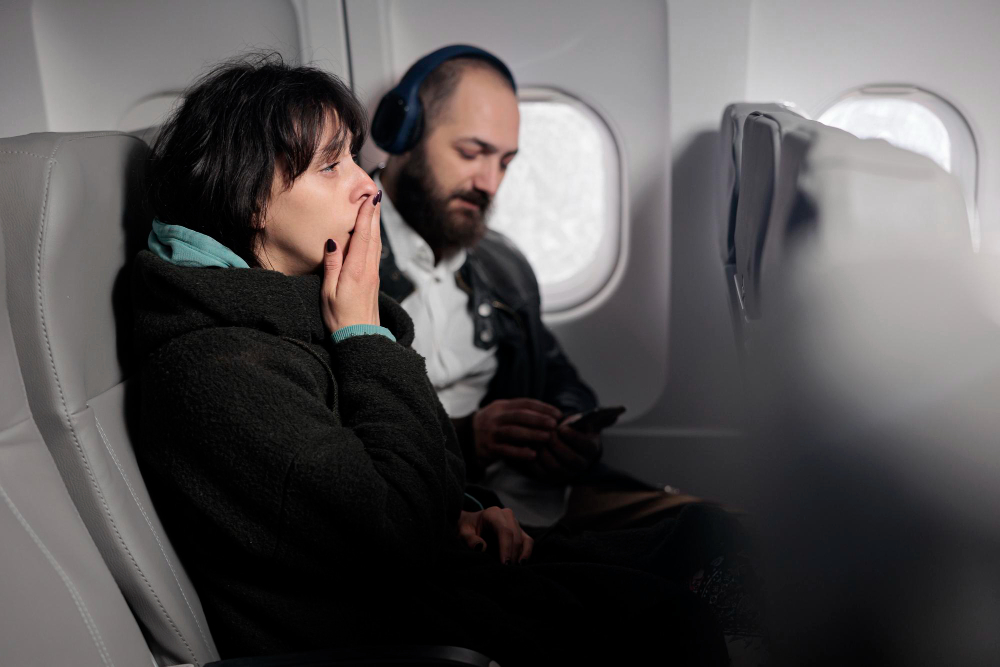
At first glance, hiding your anxiety may seem respectful, but keeping a fear secret can hamper communication. Crew training emphasizes the importance of knowing passenger emotional states to provide reassurance, so openness helps attendants support nervous flyers.
Throwing Away Other People’s Trash

Tidying the cabin by throwing away others’ rubbish might look considerate, but crew find this habit irritating when done mid-flight. They prefer to gather trash during structured service rounds, as random disposal creates clutter and confusion.
Calling Them by a Term of Endearment
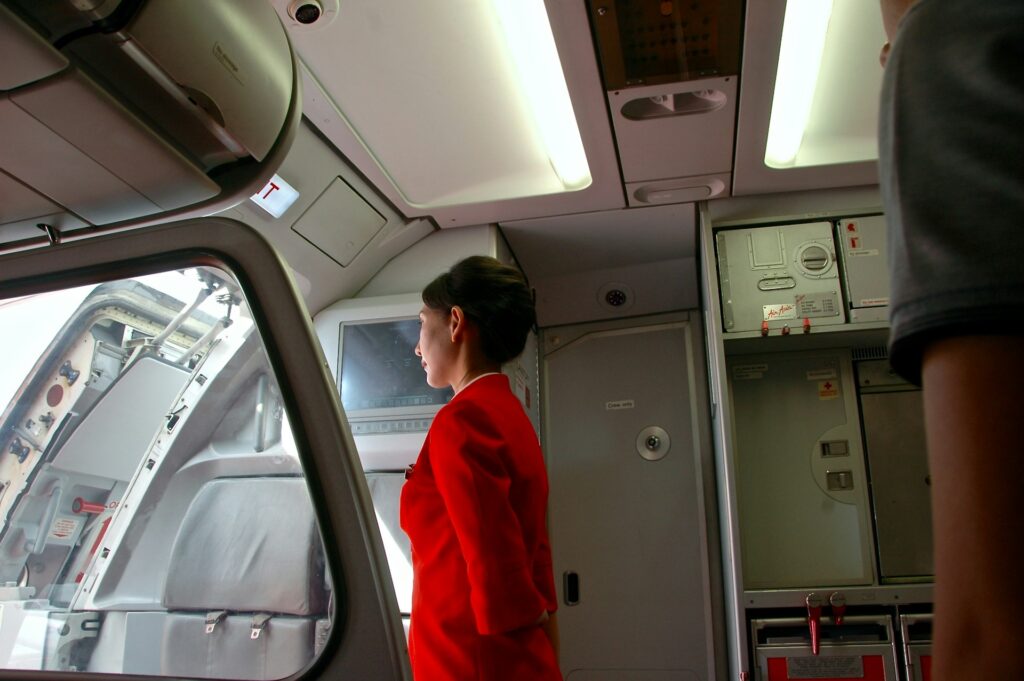
Even seemingly friendly nicknames like “honey,” “sweetie,” or “darling” can be painfully unwelcome. Attendants dislike being addressed with terms of endearment, which feel overly familiar and diminish professionalism.
Comments